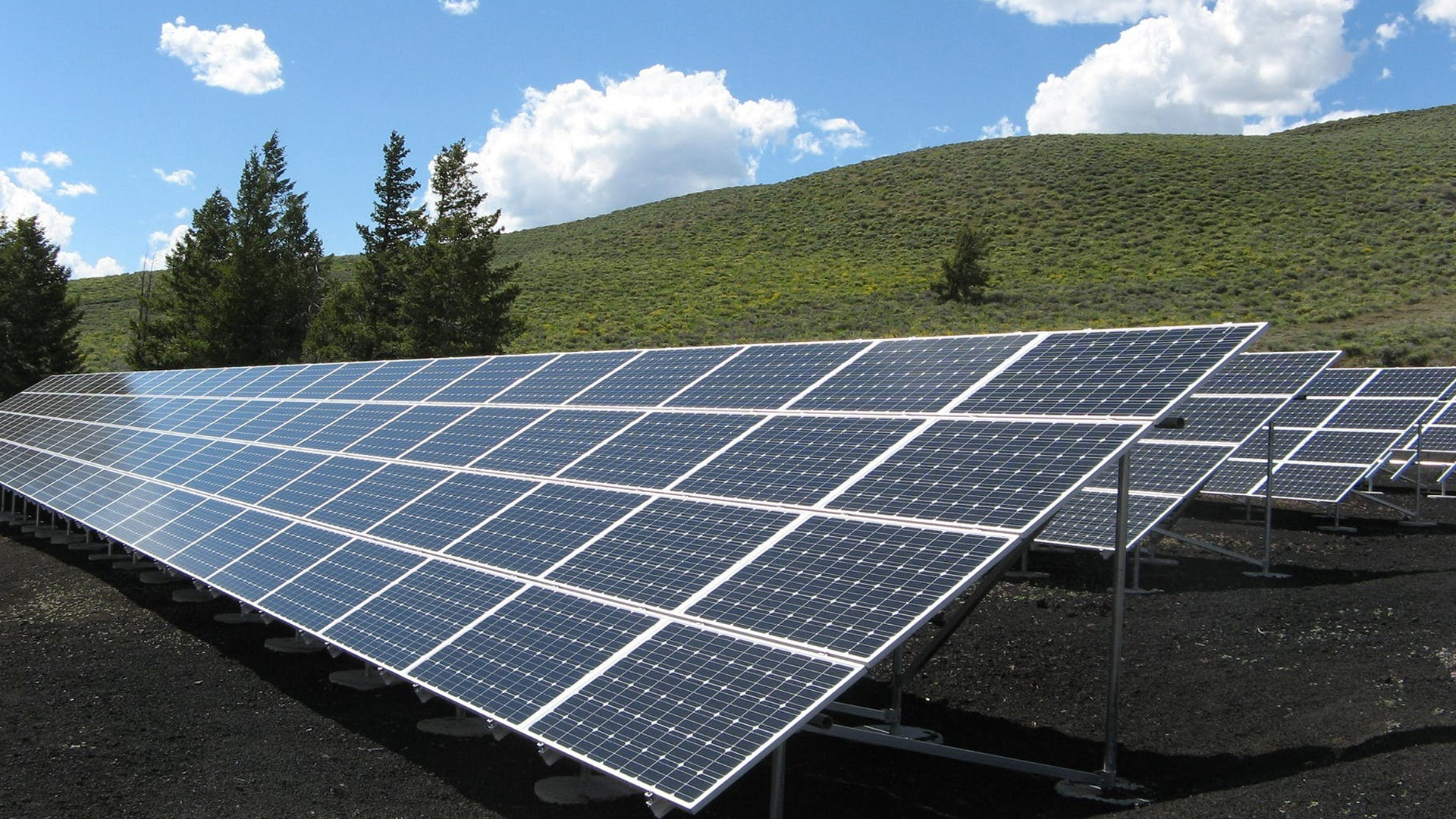

Energy engineering or energy systems engineering as a field deals with energy efficiency,
energy services, facility management, plant engineering, environmental compliance, sustainable energy
and renewable energy technologies. Energy engineering is one of the newer branches of engineering, and
combines knowledge from the fields of physics, math, and chemistry with economic and environmental
engineering practices.
Energy engineers apply their skills to increase efficiency and further develop renewable sources of
energy. Although an energy engineer is concerned with obtaining and using energy in the most
environmentally friendly ways, their field is not limited to strictly renewable energy like hydro,
solar, hydrogen, biomass, or geothermal, as they are also employed by the fields of oil and natural gas
extraction. In addition to hands-on work maintaining and developing technology within the renewable
energy sector, energy engineers also work to find the most efficient and sustainable ways to operate
buildings and manufacturing processes by auditing the use of energy in those processes and suggesting
ways to improve the systems.


CerebroX Solutions for Universities, Polytechnic Schools, and Vocational
Training
We offer a number of solutions for the study of Energy engineering. Our products can cover everything
from introductory experiments to specialized studies; please contact us directly for a consultation on
what products in our portfolio best suit your needs.